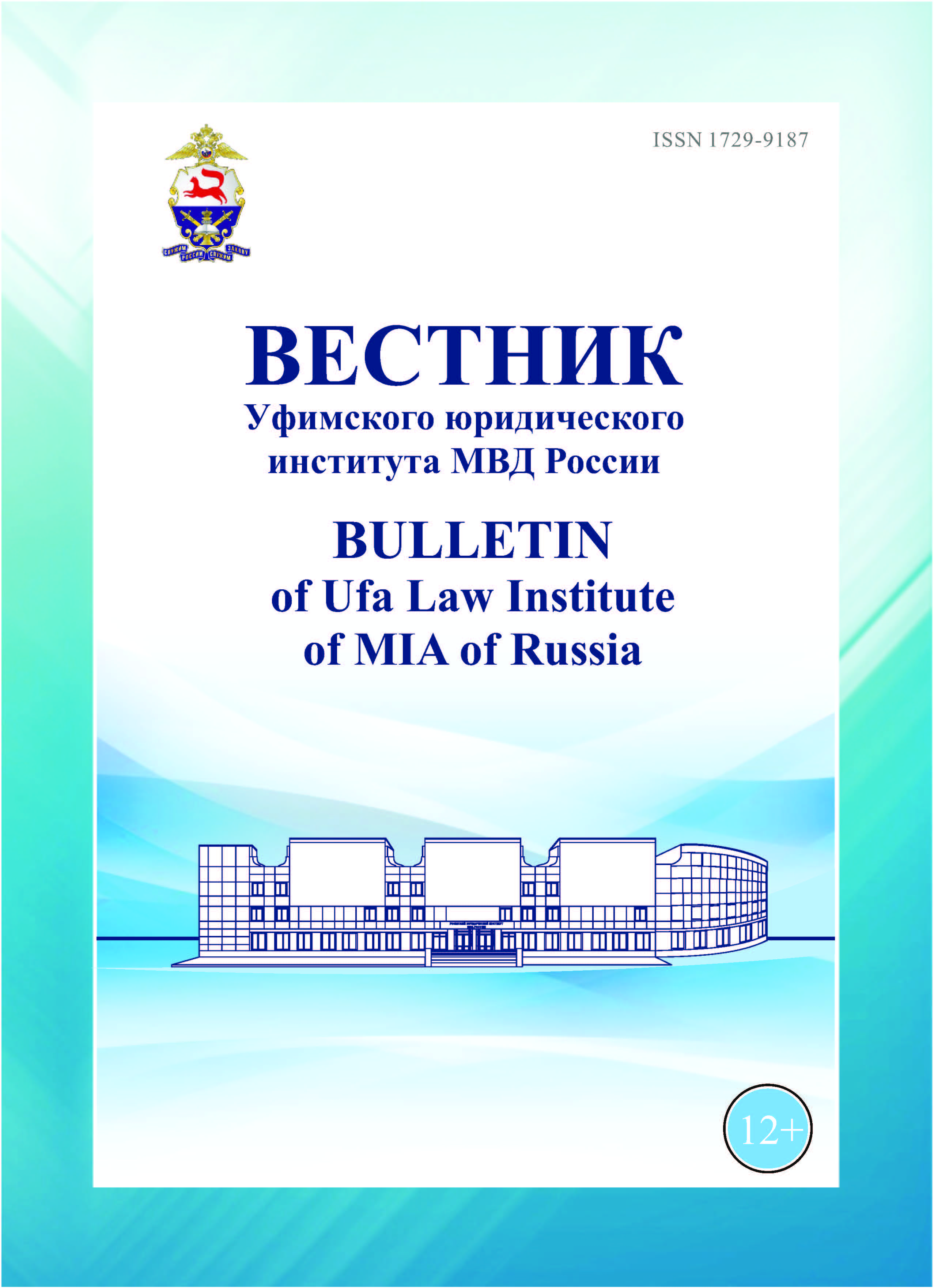from 01.01.2014 to 01.01.2025
Rasht, Iran
Rasht, Iran
The article examines the Russian adverbial modifiers of cause from the standpoint of semantics and their corresponding means of expression in the Persian language. The purpose of this study is to determine the functional-semantic field of causality in two languages. In the course of this study, the method of comparative analysis was used. The factual material of the study includes examples using the adverbial modifier of cause, selected from Russian dictionaries and literature, as well as their translation into Persian. The subject is the modern Russian literary language and the modern literary Persian language in its written form. The object of our work is Russian adverbial circumstances of cause and their corresponding means of expression in the Persian language. Although quite a lot has been written about adverbial circumstances of cause, their study from the standpoint of semantics remains relevant.
adverbial modifiers, causality, functional-semantic field, Russian language, Persian language
1. Sidorova E. G. Parceled constructions in the structure of modern newspaper text // Acta Universitatis Lodziensis, Folia Linguistica Rossica. 2010. No. 6 (14). P. 149–155. (In Russ.)
2. Lekant P. A. Modern Russian language / ed. P. A. Lekanta. M.: Higher School, 2007. 557 p. (In Russ.)
3. Bateni M. Description of the structure of Persian grammar. T.: Amir Kabir, 1994. 197 p. (In Russ.)
4. Gholamalizade H. The construction of the Persian language. T.: Ehya-book, 1995. 346 p. (In Russ.)
5. Mishkat ad-Dini M. Persian grammar based on the theory of word inflection. Moscow: Ferdowsi University Mashhad, 1994. 242 p. (In Russ.)
6. Zandi Moghadam Z. Formal and Semantic Study of the Adverb in Persian: With an Emphasis on its Formal Features // Grammar. 1998. No. 5 (14). P. 104–127. (In Russ.)
7. Evtyukhin V. B. Grouping of fields of conditionality: cause, condition, goal, consequence, concession // Theory of functional grammar. Locativity. Existence. Possession. Conditionality. St. Petersburg: Nauka, 1996. P. 138–174. (In Russ.)
8. Kondakov, N. I. Logical dictionary-reference book. Moscow: Nauka, 1975. 721 p. (In Russ.)
9. Khanjani L. On adverbial participial constructions with the meaning of cause in the Russian language (based on the theory of functional grammar) // Bulletin of Moscow State Linguistic University. Philology. 2016. No. 2 (1). P. 129–134. (In Russ.)
10. Dabiri Moghaddamm M. Causal relations in linguistics // Linguistics. 1988. No. 1 (5). P. 13–75. (In Russ.)
11. Odintsova I. V. Expression of causal relations // Book on grammar. Russian as a foreign language / ed. A. V. Velichko. Moscow: Moscow University Publishing House, 2004. 648 p. (In Russ.)
12. Mikhailov M. N. On the issue of indirect means of expressing causal relations // Causality and structures of reasoning in the Russian language. Moscow, 1993. P. 48–53. (In Russ.)
13. Khayampur A. Grammar of the Persian language. T.: Aydin, 2018. 183 p. (In Russ.)
14. Khanjani L. Causality in Persian: St. Petersburg School (based on Bondarko’s theory of functional grammar) // Language Studies (Zabanpajuhi). 2022. No. 44 (14). P. 209–226. (In Russ.)
15. Yazdanmehr S.M. Difficulties of Persian speakers in expressing reason in Russian // World of science, culture, education. 2020. No. 1 (80). P. 300–301. (In Russ.)









